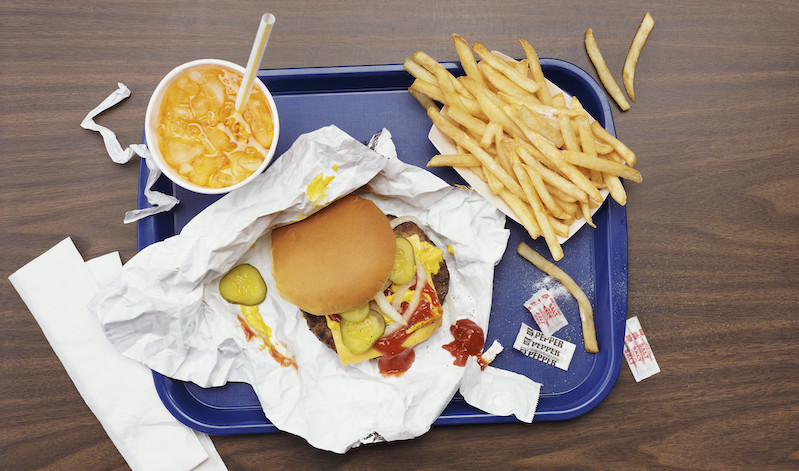
California governor enacts a law that gives fast food workers greater protections.
Labor Day in the United States pays homage to one of the most fundamental elements in the fabric of any economy: the worker. This year, California’s legislature celebrated the September holiday with the passage of new legislation designed to protect workers.
California Governor Gavin Newsom has signed into law the Fast Food Accountability and Standards Recovery Act—also known as the FAST Recovery Act. With this move, Governor Newsom hopes to reduce the exploitation of fast food workers.
A recent study found that workers in the fast food industry in California are paid almost $3 less per hour than workers in similar service-sector jobs in the state. In addition, the study revealed the unpredictable nature of fast food jobs, including workers often involuntarily receiving part-time schedules.
The FAST Recovery Act aims to set standards for worker treatment within the state’s fast food industry, including minimum wage regulations, health and safety rules, and enforcement of employer violations. It will go into effect on January 1, 2023.
The law will affect the 500,000 fast food workers in California. The majority of these workers are women and people of color.
In the FAST Recovery Act, the legislature calls for creating a new entity to take the lead: a Fast Food Council. The body will possess the power to create fast food industry standards and benchmarks for working conditions and wages. It can also encourage “interagency coordination and prompt agency responses” to unfair working conditions.
The Fast Food Council will be made up of 10 members appointed by the Governor, the state’s Senate Rules Committee, and the Speaker of the Assembly.
The Fast Food Council will contain reserved positions for both business and labor representatives. The aim is to offer “hardworking fast food workers a stronger voice and seat at the table” when it comes to worker pay and health, according to Governor Newsom.
In addition, the FAST Recovery Act bans fast food employers from taking discriminatory actions against their employees, such as discharge or retaliation, in cases where the employee speaks out about employer violations. This law will add an extra layer of protection for fast food workers and will create a cause of action for employees to pursue.
The Fast Food Council’s rules will apply to fast food restaurants with 100 or more locations—that is, the large, well-known franchises.
The FAST Recovery Act stipulates that by December 31, 2023 the minimum wage for fast food workers must increase to an amount set by the Fast Food Council. According to the law, this amount can reach as high as $22 per hour.
According to the California legislature, the FAST Recovery Act arises at a crucial, even desperate, time for fast food workers. The legislature found that the COVID-19 pandemic exposed chronic labor issues in the state.
The harsh realities of fast food work, such as “abuse, low pay, few benefits, and minimum job security,” became heightened by the fallout of the pandemic. In the fast food sector, employer inaction and regulatory noncompliance compromised worker well-being, sparking the legislature to act.
Supporters of the law, including groups that organize around worker advocacy, view the FAST Recovery Act as an important step in the advancement of workers’ rights. Proponents say that the law offers another avenue for collective bargaining for fast food workers.
Many experts flag the parallels between the FAST Recovery Act and the sectoral bargaining model, which is a European system where unions negotiate on behalf of workers from a whole industry, rather than from just one company.
The FAST Recovery Act, however, does not change the liability of large fast food organizations when their franchisees violate labor regulations. Labor advocates had hoped to make it simpler to hold large companies liable for labor wrongdoings by their franchisees.
Opponents of the FAST Recovery Act, including those on the business side of the fast food industry, remark that the law will increase costs for individual stores. Some restaurant owners say that the law will likely force employers to reduce their worker count and invest in automation technology.
Whatever the ultimate costs the law will impose, the FAST Recovery Act marks a big shift in labor regulation and what the law’s proponents hope will be the future of the fast food industry in California.



